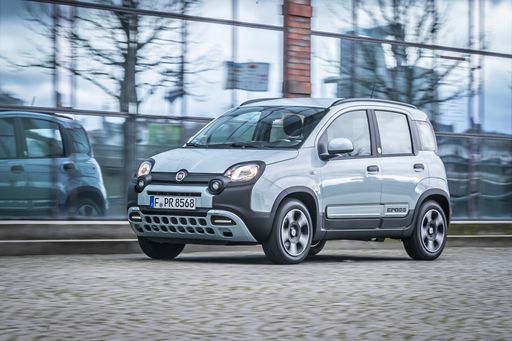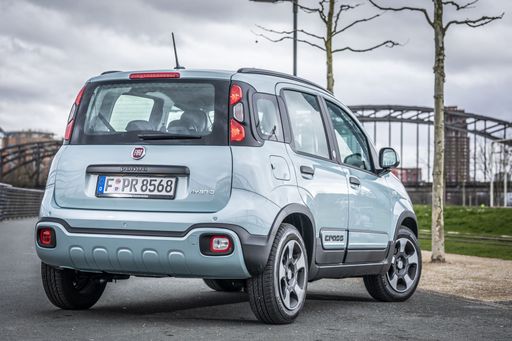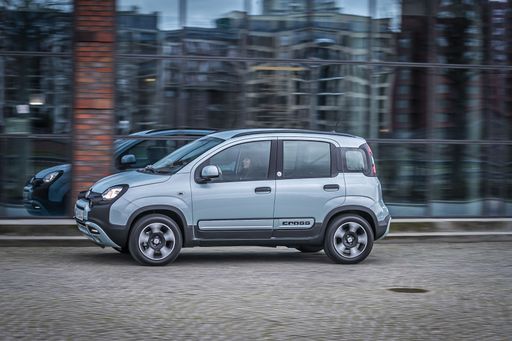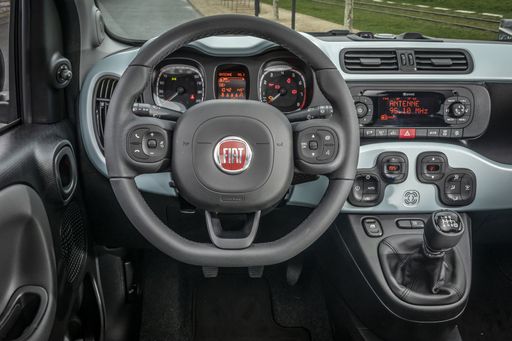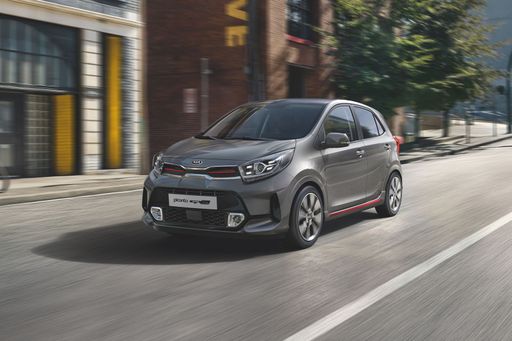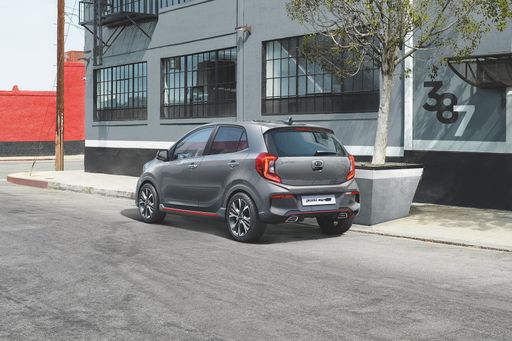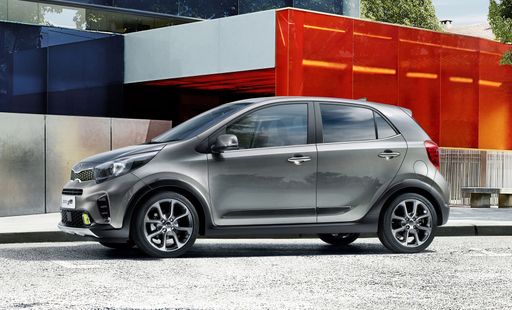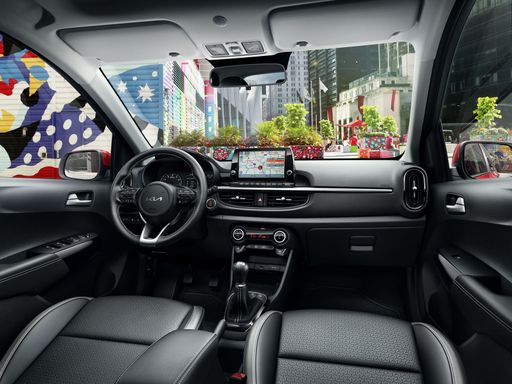Fiat Panda vs Kia Picanto: A Comprehensive Comparison
In the highly competitive compact hatchback segment, the Fiat Panda and the Kia Picanto stand out as two top contenders for urban drivers looking for style, efficiency, and practicality. Both models have been updated for 2024 and offer a range of technical features and innovations that cater to the needs of modern drivers. Let's delve into how these two vehicles compare in terms of specifications, comfort, and technological advancements.

